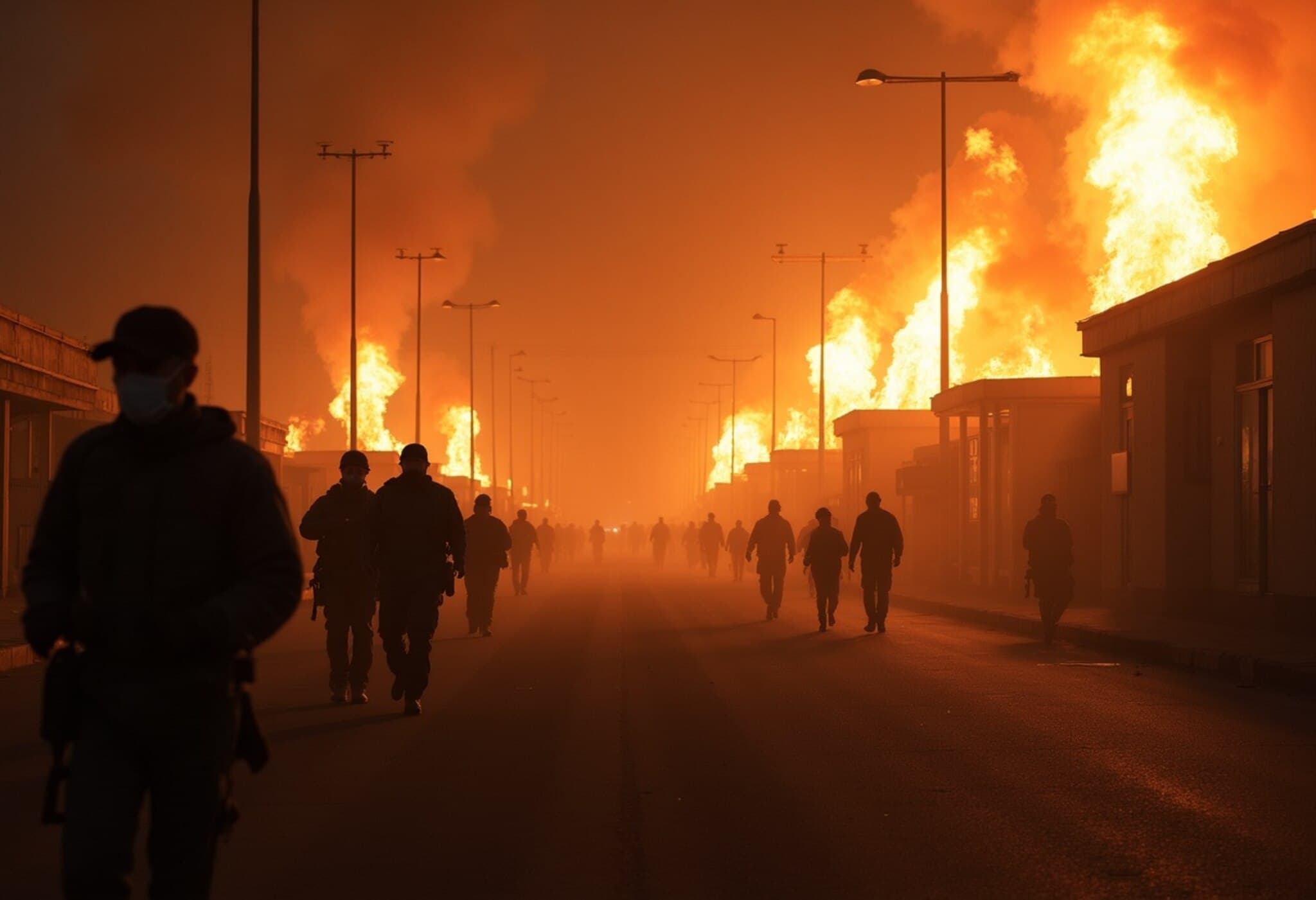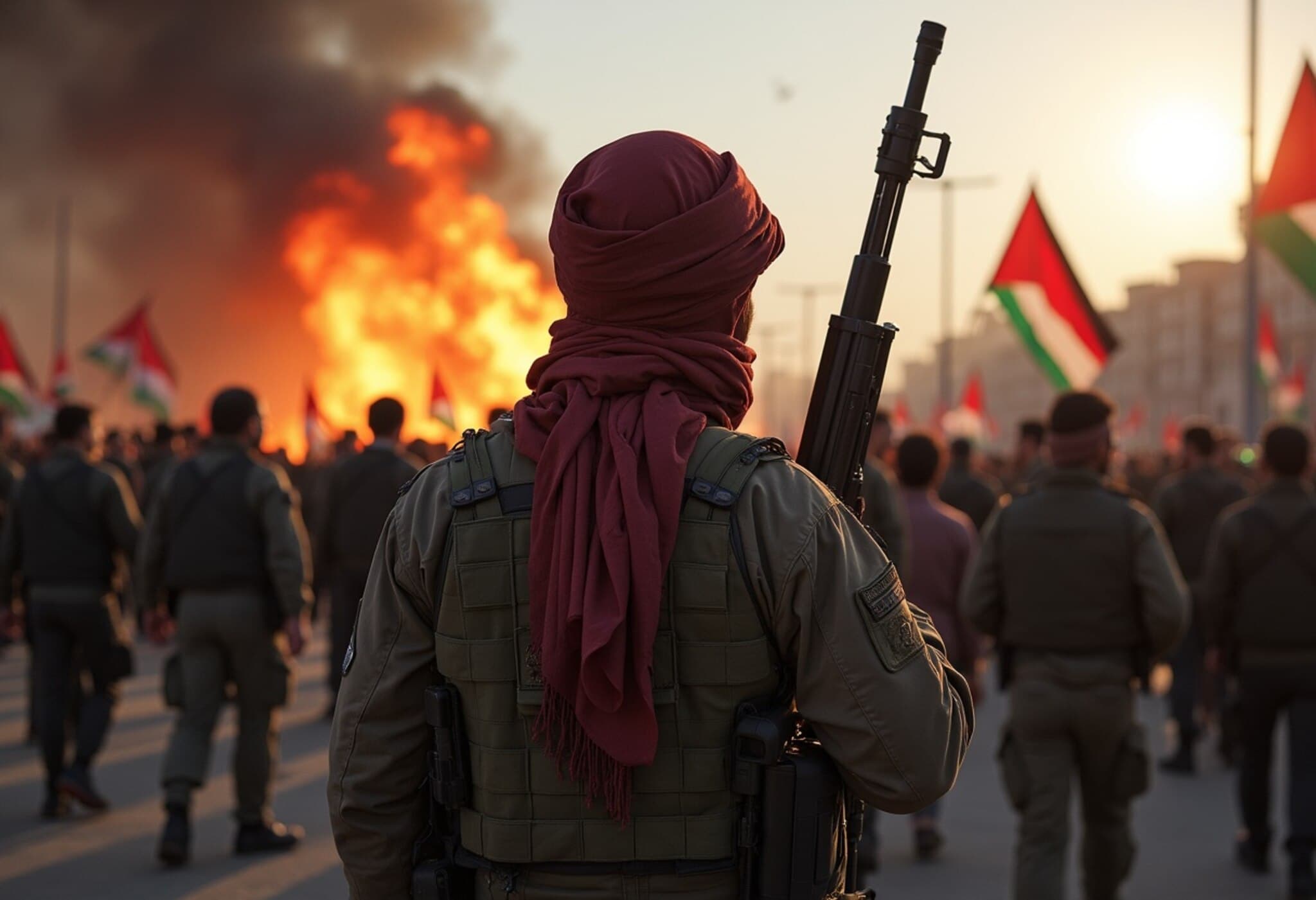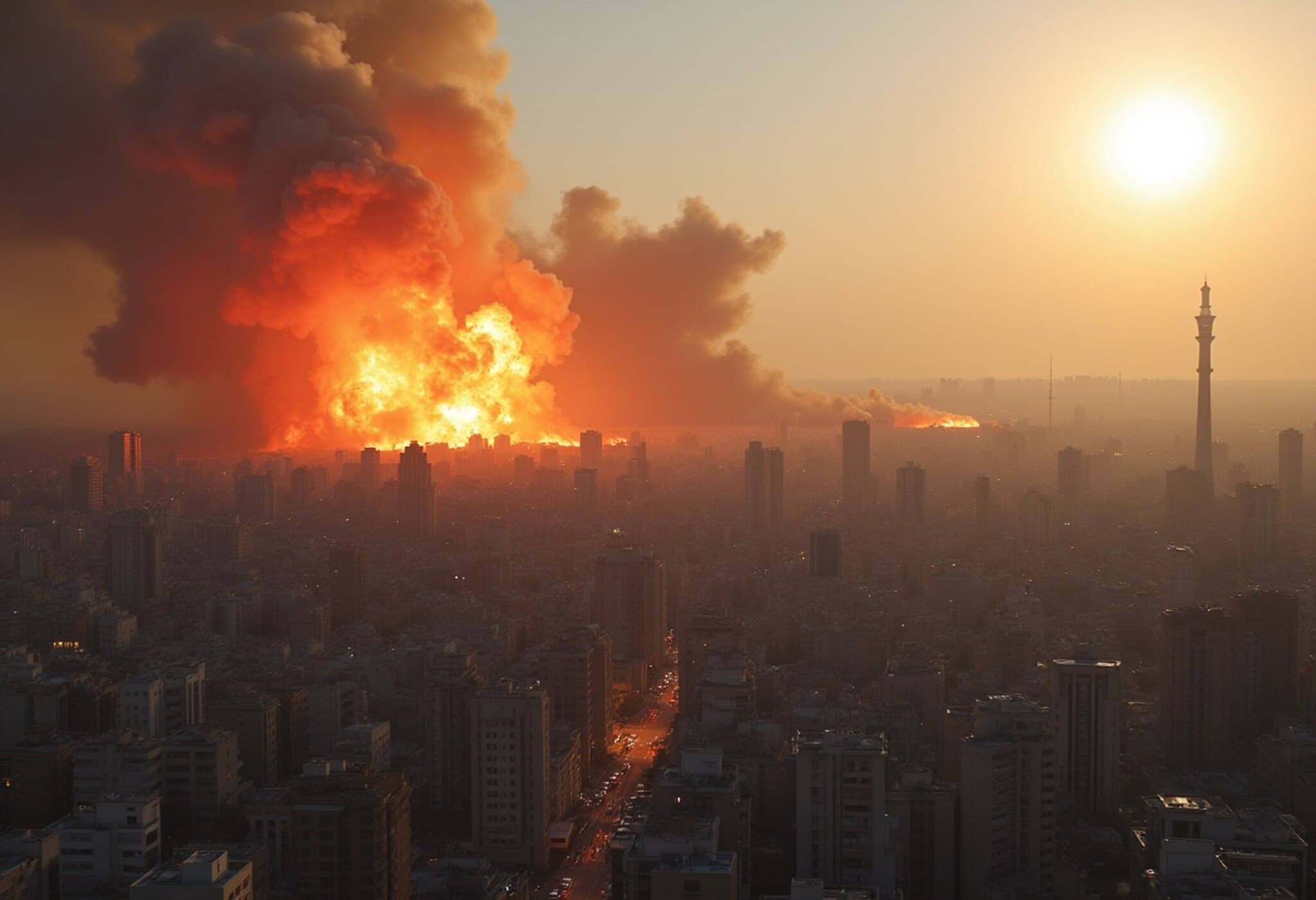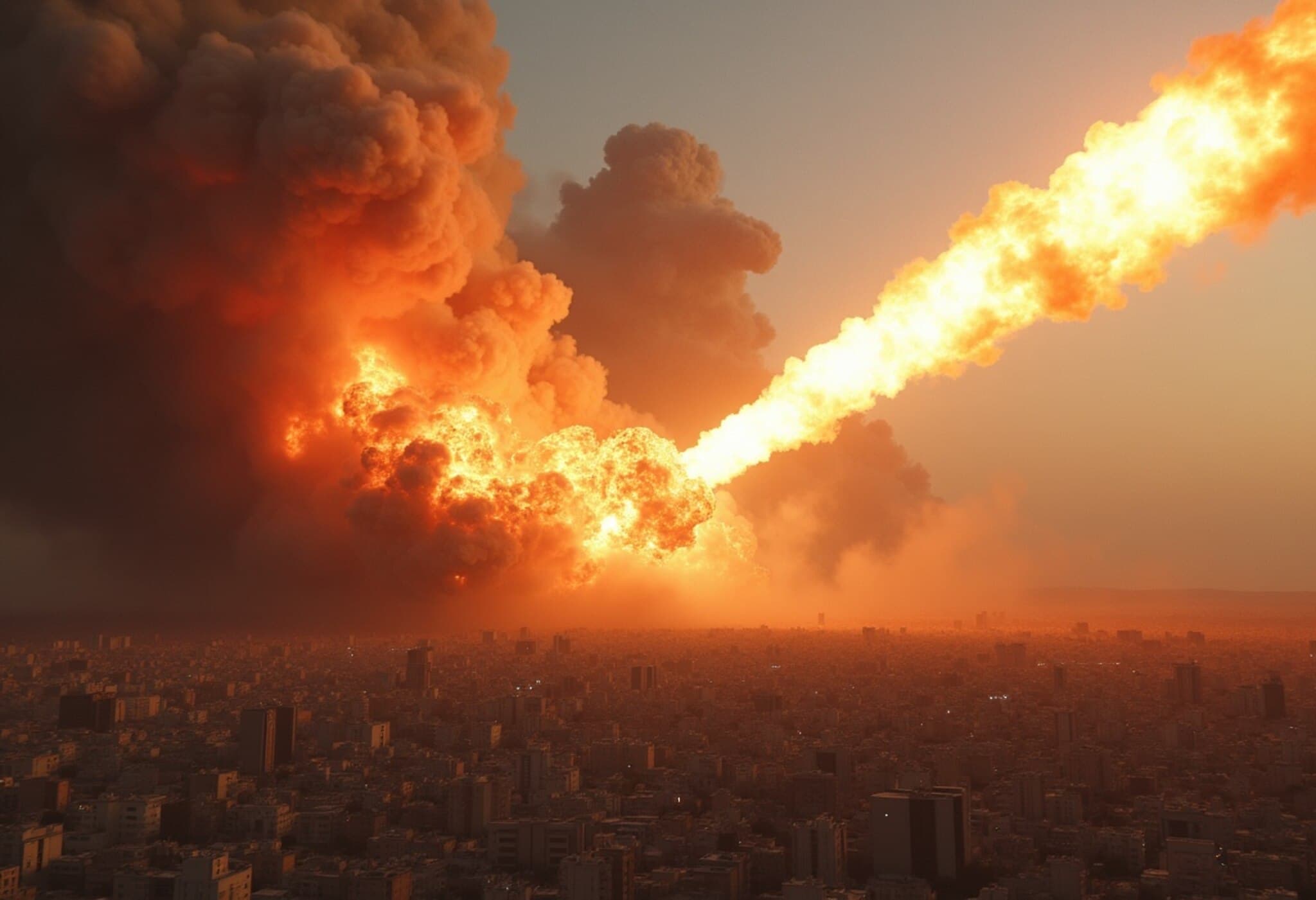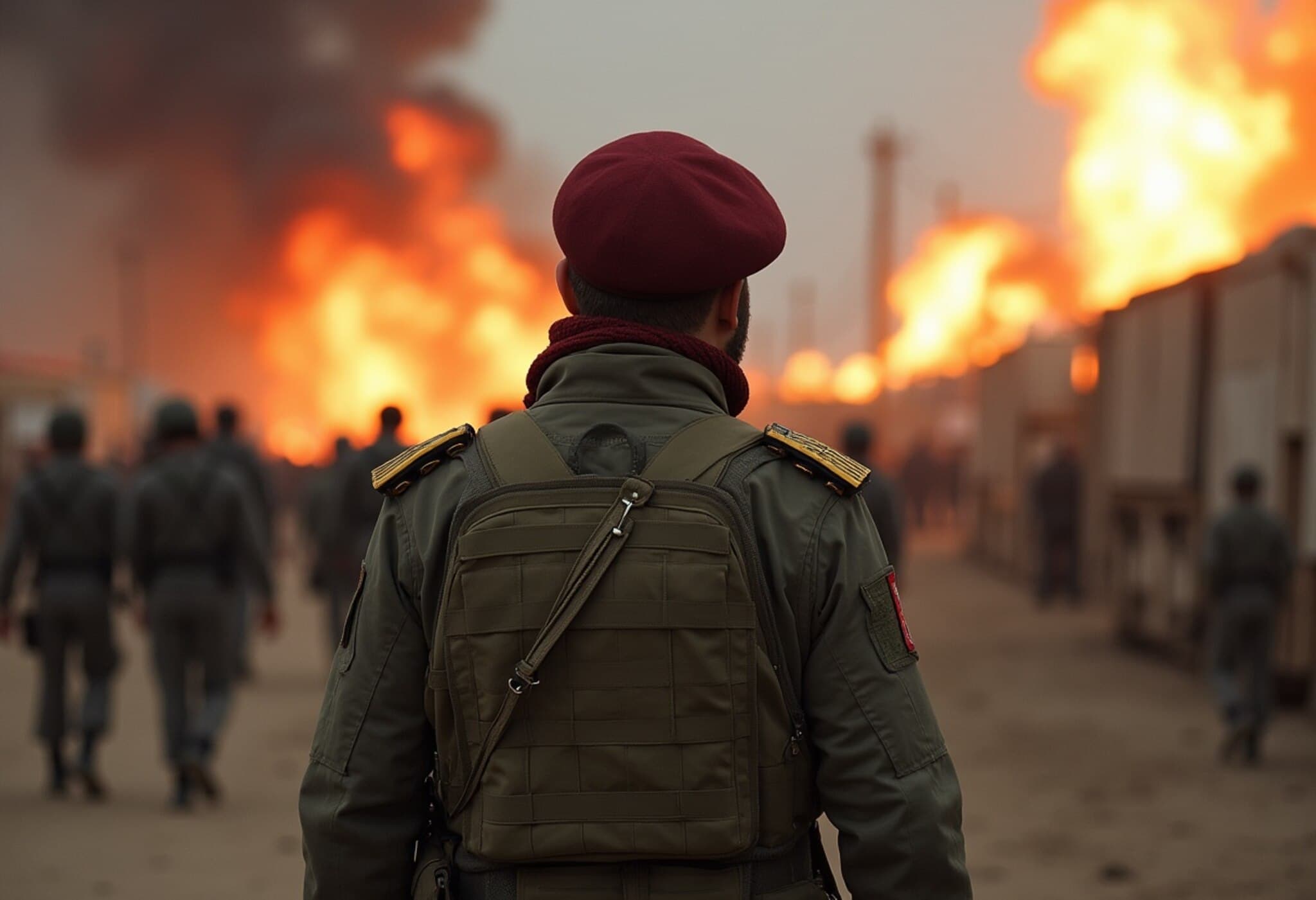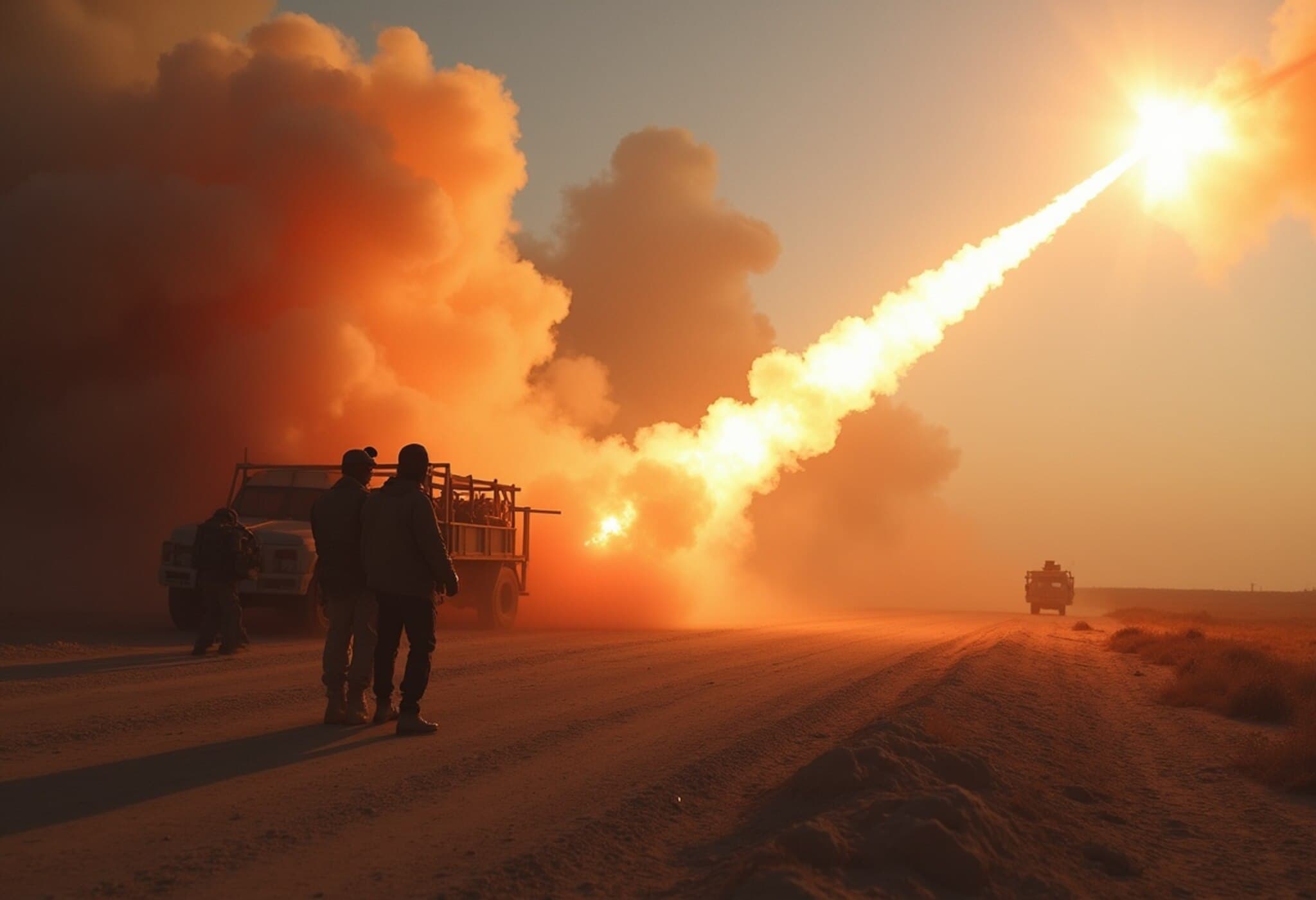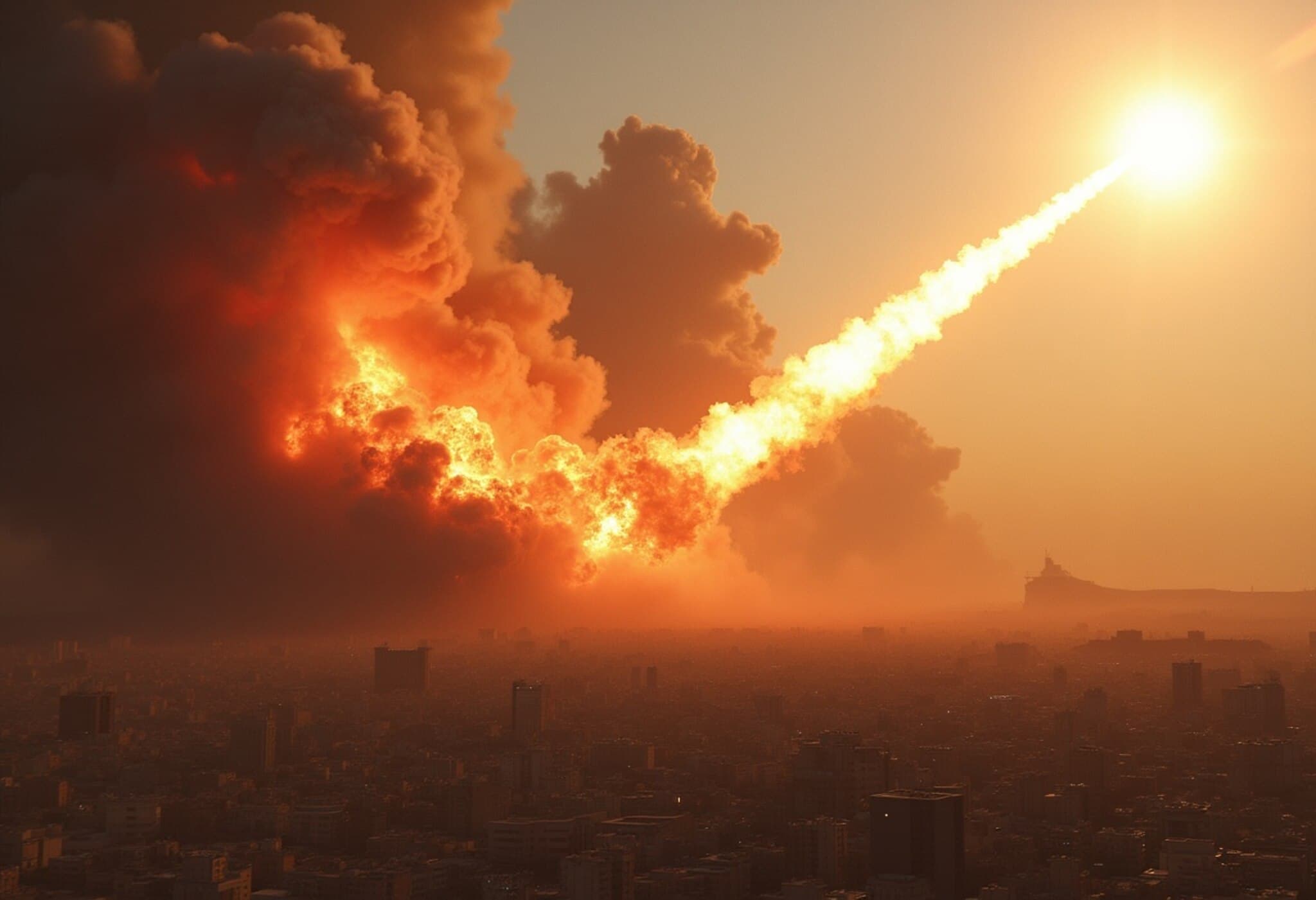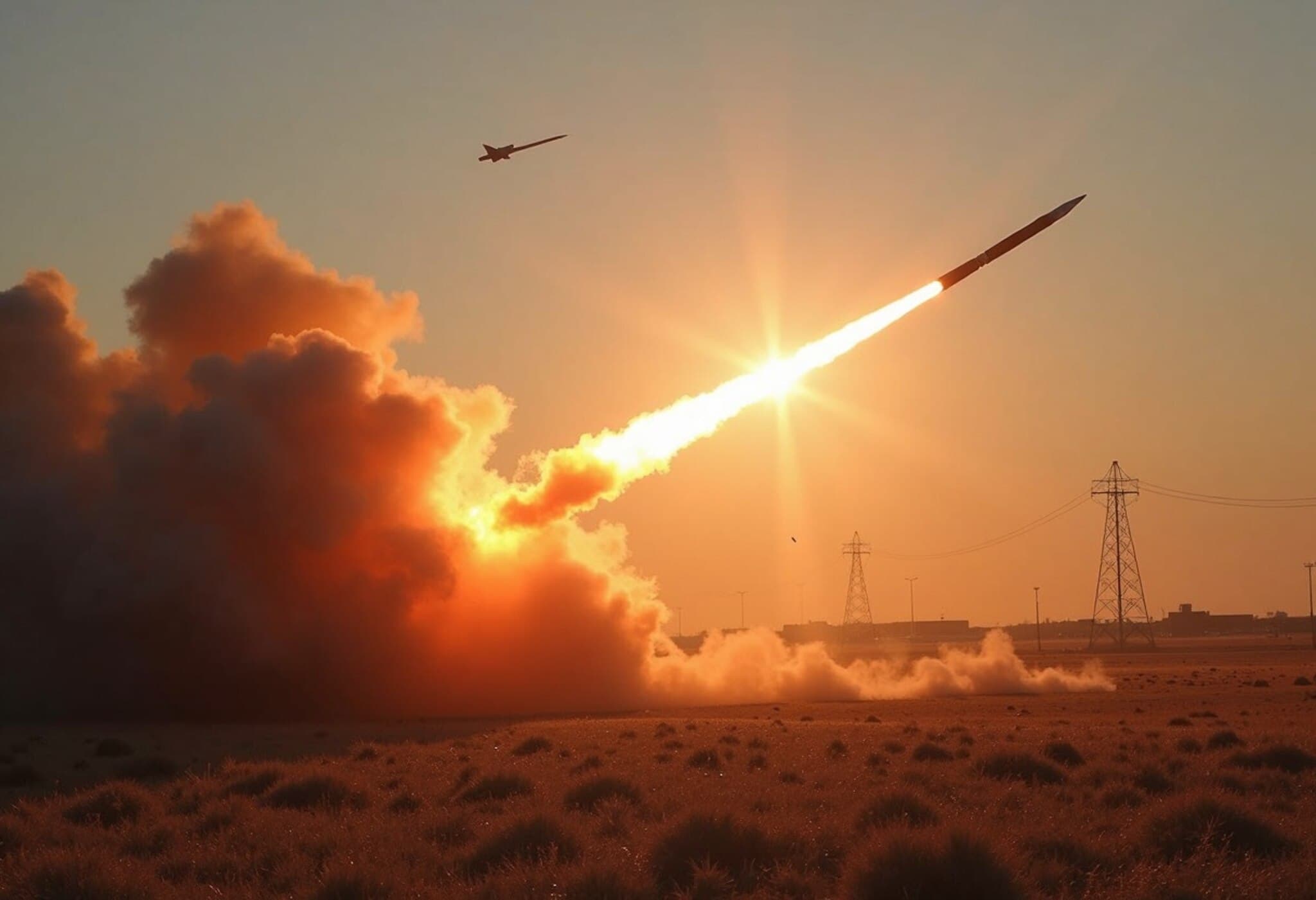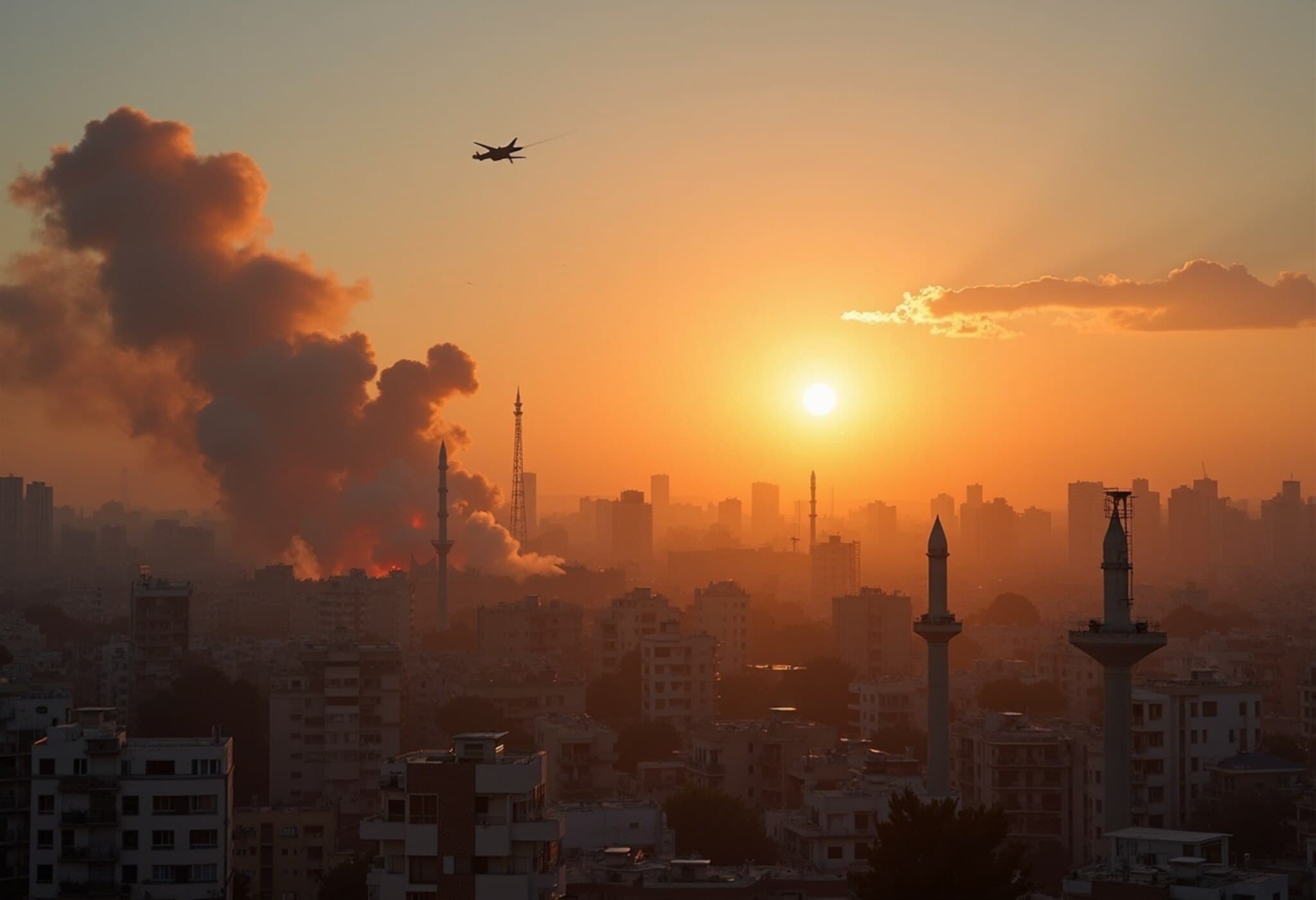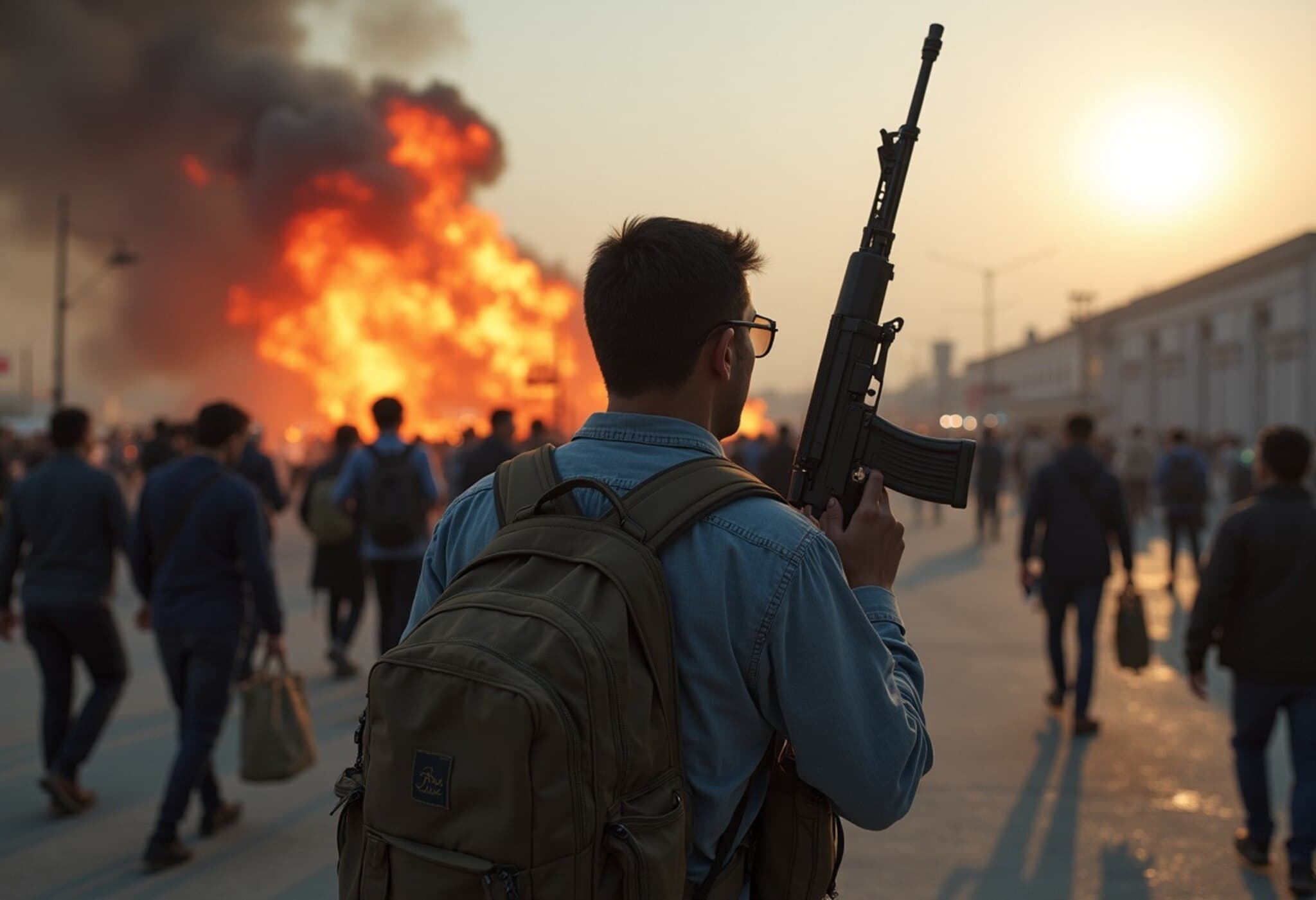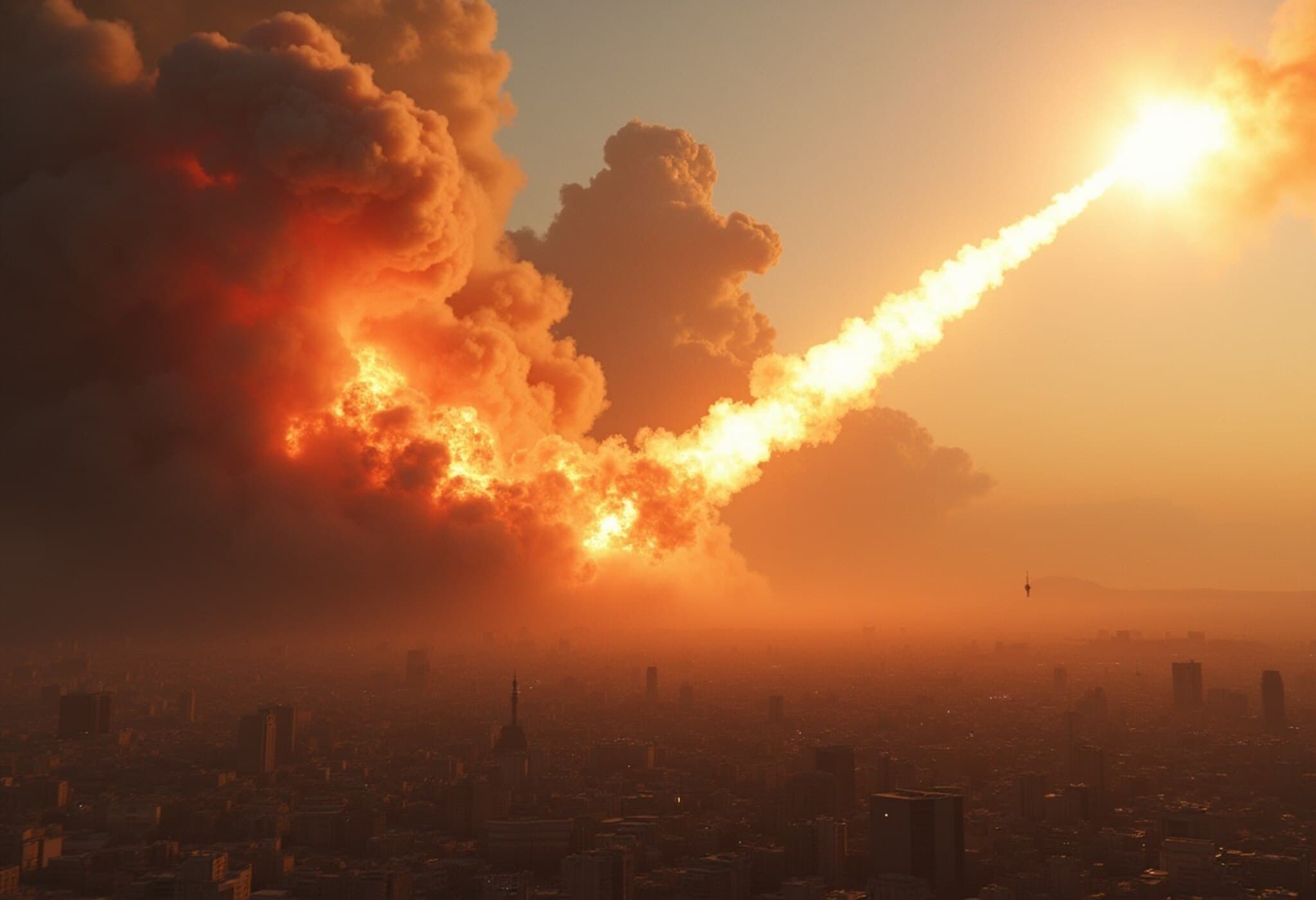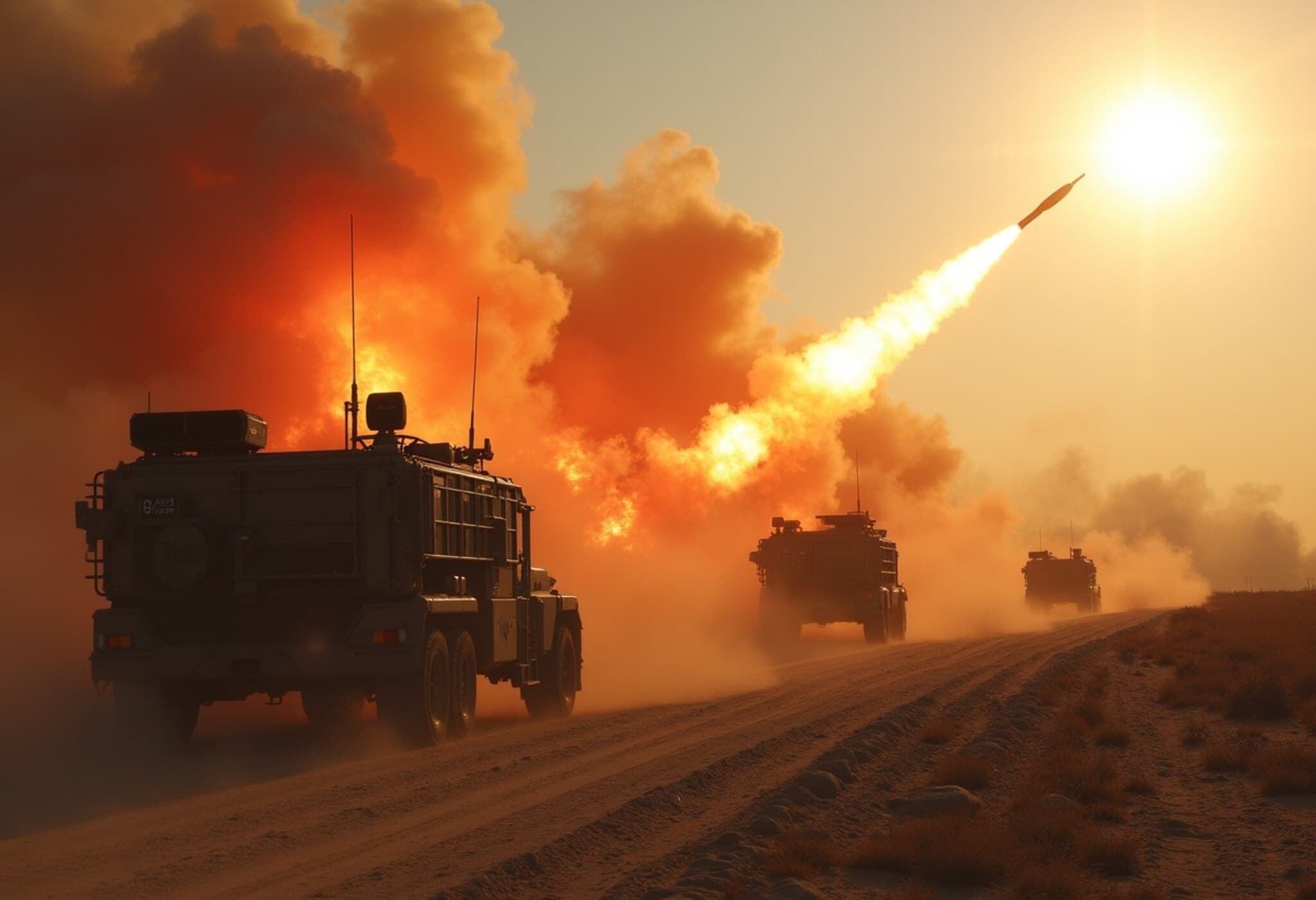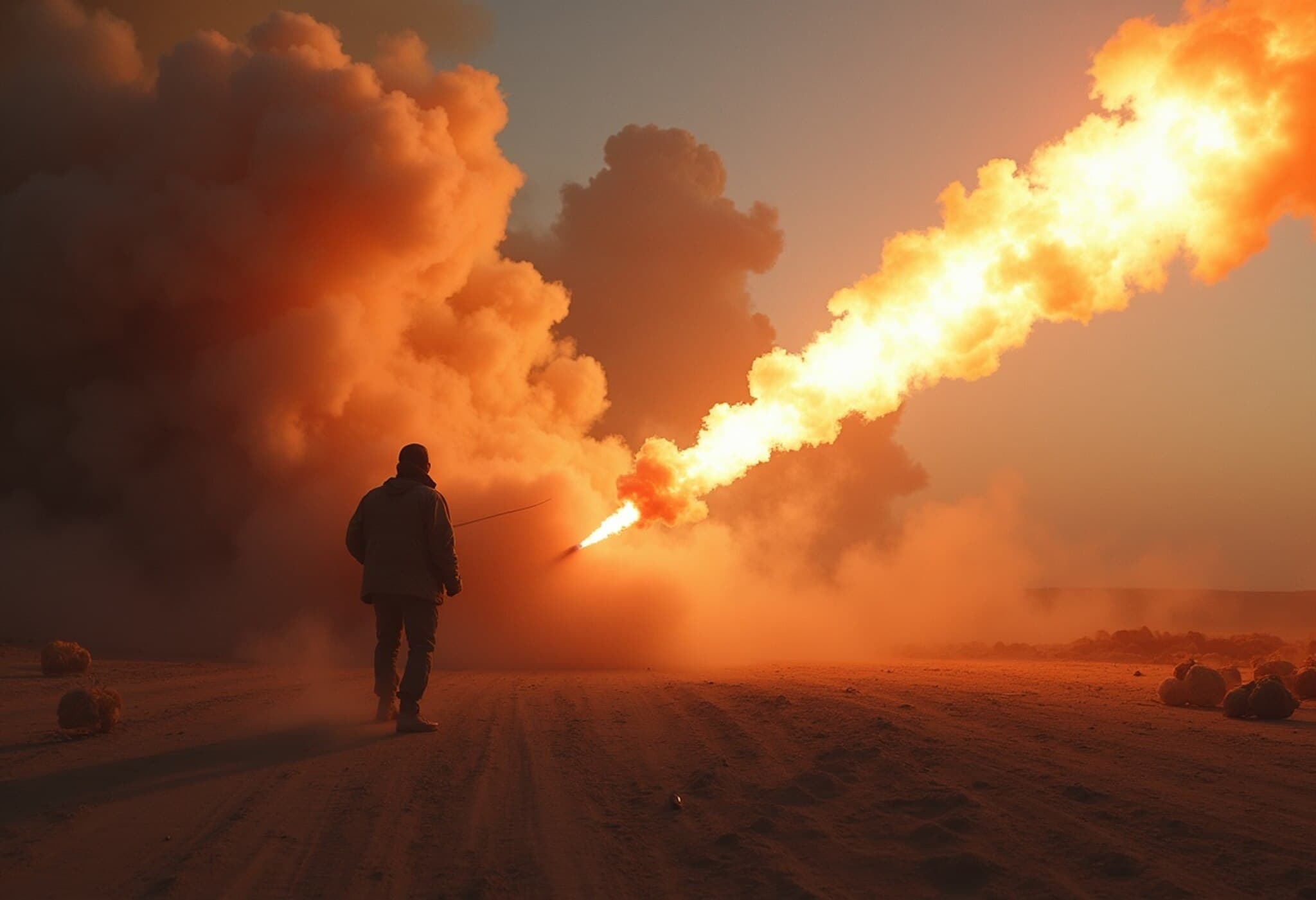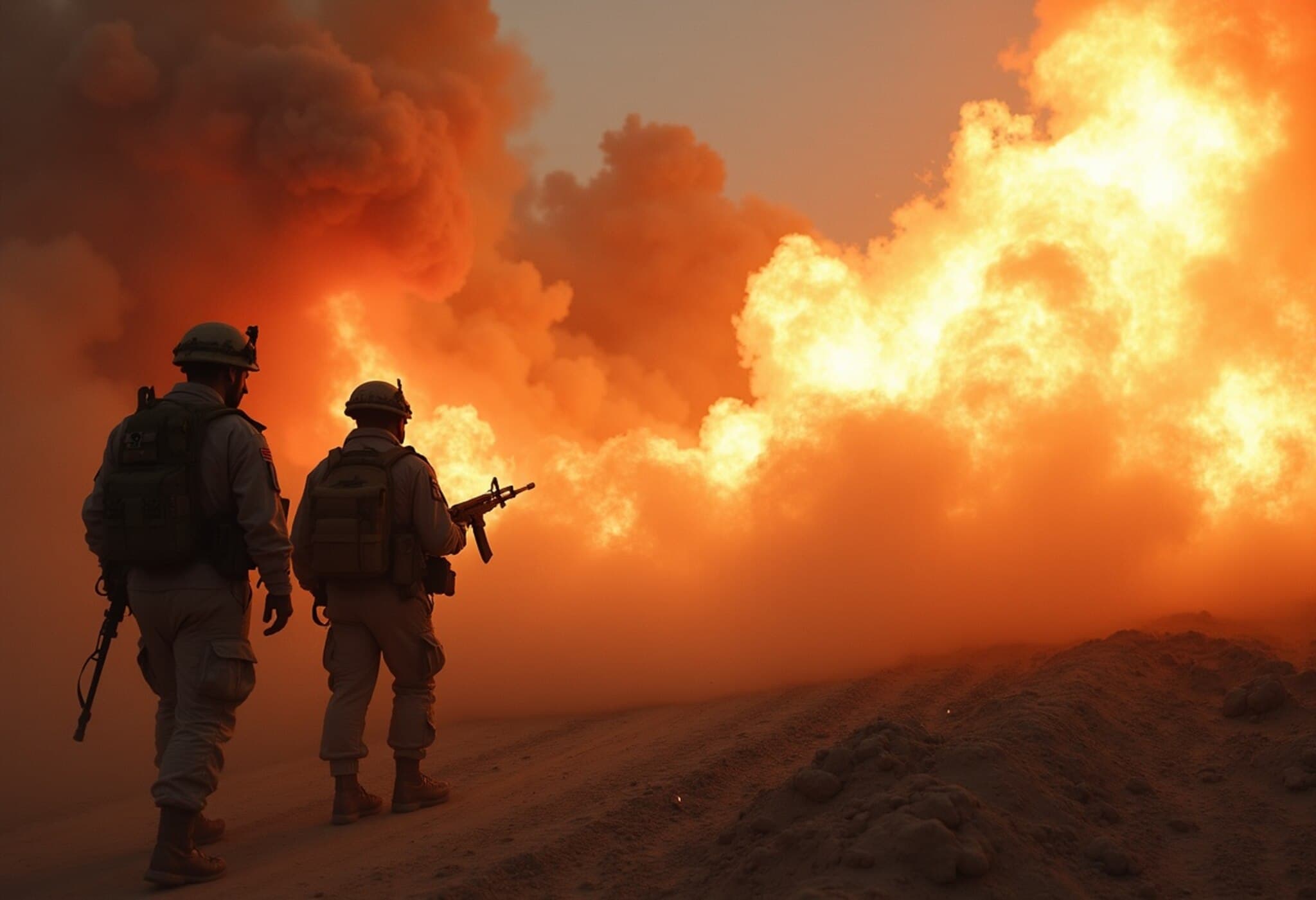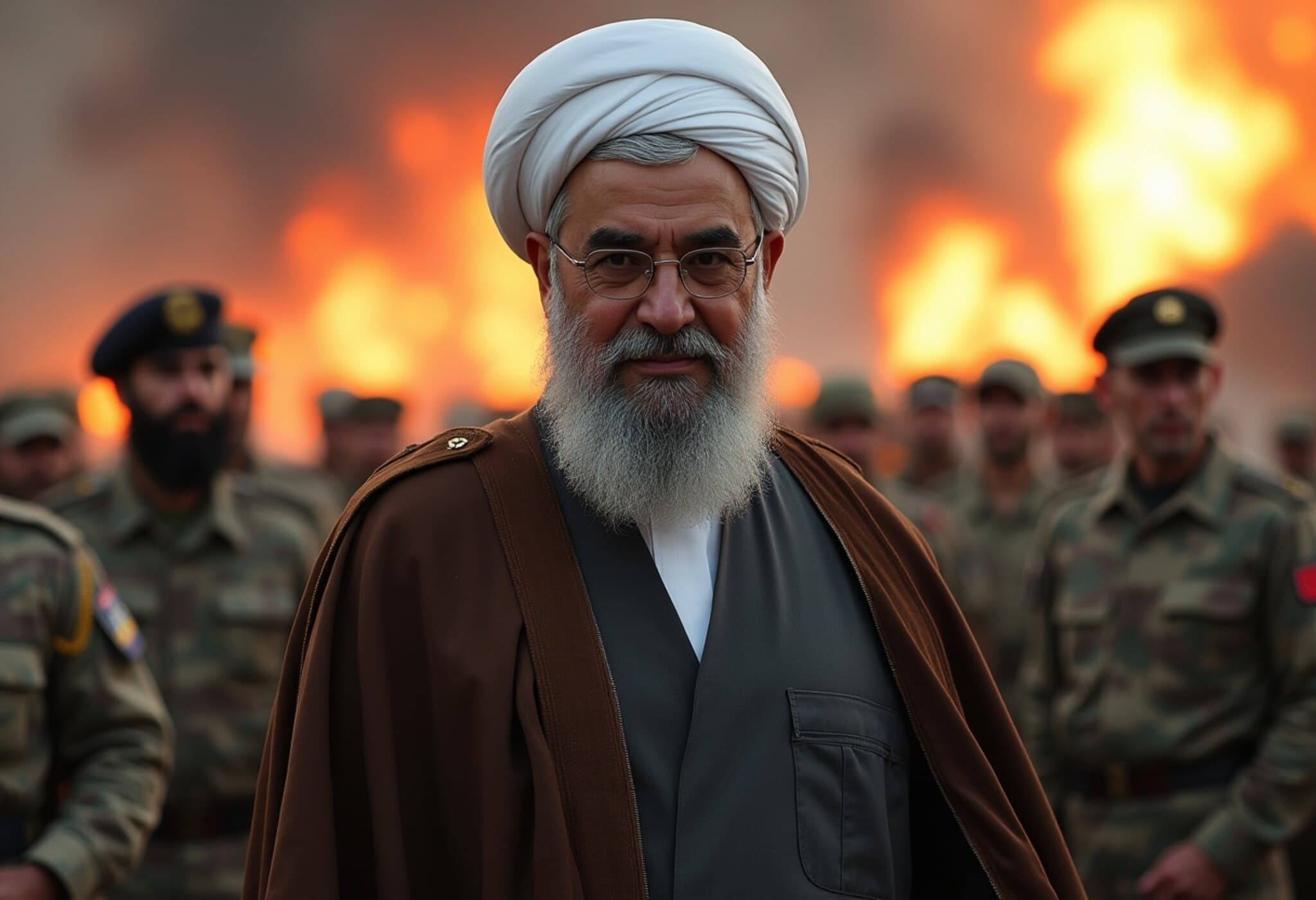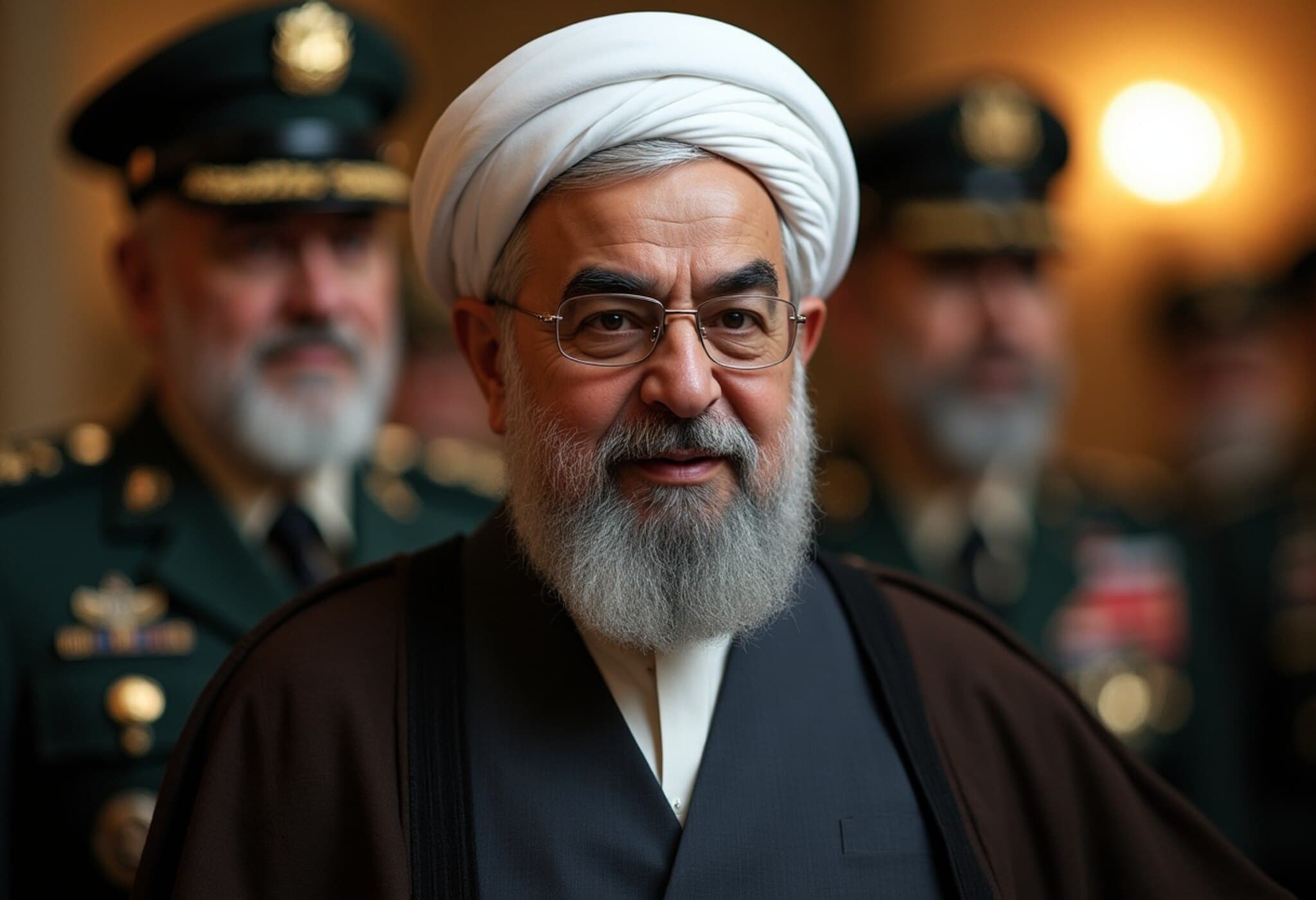Heightened Tensions as Iran Claims Attack on Mossad Headquarters
Amid escalating hostilities, Iran has claimed responsibility for strikes targeting strategic locations within Israel, including the Mossad headquarters in Tel Aviv. The reports have stirred international attention, though Israeli officials have firmly denied that the Mossad site was hit.
Details of the Alleged Strikes
According to statements attributed to Iran's Islamic Revolutionary Guard Corps (IRGC), their aerospace forces launched attacks early in the morning targeting the military intelligence complex, known as AMAN, in Glilot, as well as the Mossad headquarters in Tel Aviv. These strikes purportedly bypassed Israel's advanced defense technologies and sparked fires at several locations.
Social media has been flooded with images showing buildings engulfed in flames within Tel Aviv. However, the authenticity of these visuals has not been independently verified.
Israel’s Response and Military Actions
In response, Israeli military sources clarified that the sites struck within Tel Aviv were limited to a bus parking lot. They rejected claims that the Mossad headquarters suffered damage. Concurrently, Israeli forces have reportedly conducted retaliatory strikes on multiple targets in western Iran.
Context: Operation Rising Lion and Ongoing Conflict
The back-and-forth attacks come in the wake of Israel’s launch of Operation Rising Lion on June 13, intensifying the already fraught relations between the two nations. Since Friday, Iranian strikes within Israel have reportedly resulted in the deaths of over a dozen people. Meanwhile, Tehran’s health ministry states that Israeli attacks have killed more than 224 and wounded upwards of 1,200 individuals.
This cycle of violence has also impacted residential areas on both sides, with Israeli Prime Minister Benjamin Netanyahu condemning Iran for allegedly targeting civilians.
International Reactions and Diplomatic Overtones
Israel insists its military actions have focused on neutralizing military and nuclear facilities, eliminating high-ranking commanders and atomic scientists. Interestingly, a senior U.S. official revealed that the former U.S. President advised Israel against executing a plan aimed at assassinating Iran’s supreme leader. While advocating for a diplomatic resolution, the U.S. has acknowledged that initial confrontations might be unavoidable.
Longstanding Rivalry Fuels Present-Day Conflict
This latest eruption reflects decades of deep-seated hostility, complicated by covert operations and proxy engagements. The intensity and scope of current clashes suggest a volatile chapter in the enduring conflict between Iran and Israel.

